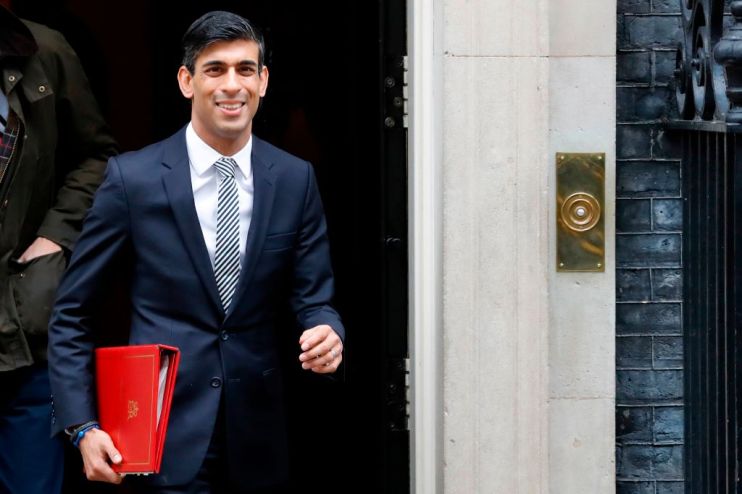DEBATE: Should the new chancellor suspend the IR35 tax regulation changes?

Should the new chancellor suspend the IR35 tax regulation changes?
Alasdair Hutchison, policy development manager at IPSE, says YES.
We should be building a vibrant and competitive economy after Brexit, not making it harder to do business or under-mining our flexible labour market, one of the UK’s main competitive advantages.
Businesses are simply not prepared for these changes that require them to assess whether a freelance worker should actually be taxed as an employee. Afraid of falling foul of the notoriously complex rules, many companies are scrapping their contractors altogether. They risk missing out on flexible, specialist workers as a result.
IPSE research has shown that uncertainty over the changes has driven contractors’ confidence to record lows. One in three say that the changes will lead them to stop freelancing in the UK altogether.
The self-employed contribute £305bn to the economy every year, enough to fund the NHS twice over. The IR35 changes are likely to cause this dynamic and growing sector to contract, rather than boosting tax revenue as HMRC imagines.
Instead of tinkering with outdated rules that will add further confusion, the government should rethink and build a modern tax system for the self-employed.
Robert Palmer, executive director of Tax Justice UK, says NO.
IR35 is causing lots of concern among freelancers. It requires large companies to make an assessment of whether a contractor is truly self-employed, or just engaged in “disguised employment”.
It’s a bodged job from the government, but the underlying intent is important.
Our tax system is badly designed, with successive chancellors tweaking as they go along. This results in similar types of activity being taxed very differently.
One of the current problems is how lopsided it is when dealing with people who are self-employed compared to employees. Self-employed people pay lower rates of national insurance, and the companies they work for get to avoid the tax entirely. This can add up to big tax savings, and has led to an industry of advisers helping people to set themselves up as self-employed, when often they behave no differently from employees.
Rather than scrap IR35, the government should fix the problems with it, for example its poor definition of “disguised employment”. An even more radical suggestion would be to better align tax rates for different types of workers.
Main image credit: Getty